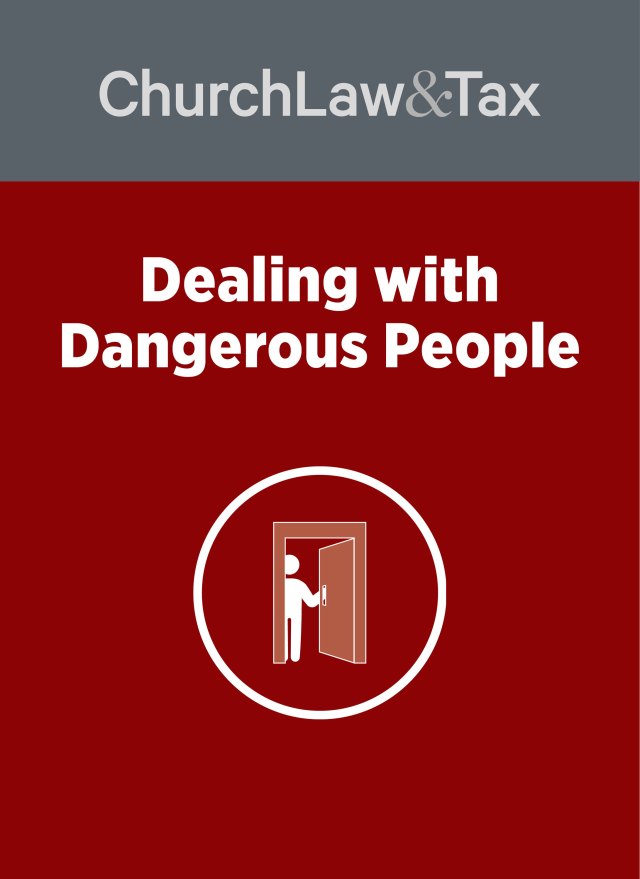• A Louisiana appeals court refused to suspend a child abuser’s 12-year prison sentence on the basis of his religious conversion. A 38-year-old male (who was married and the father of 5 children) was convicted of sexually abusing one of his minor daughters. He was sentenced to serve 12 years at hard labor. The jury based this sentence on the serious nature of the offense, and the likelihood that the father would commit a similar crime if placed on probation. The father appealed his sentence, arguing that the court failed to adequately consider his religious conversion. Specifically, he maintained that he had “completely rehabilitated” himself as a result of his religious conversion, and that no further rehabilitation was necessary. He asked the appeals court to throw out his prison sentence, and place him on probation. The appeals court rejected this request. It observed: “The defendant repeatedly engaged in extremely serious criminal conduct over a period of about 9 years. His victim was his own biological child …. The blameless victim endured this abuse from the age of 2 to 11 years. She was not able to unburden herself and confide in her mother until she was 14 years old …. [S]he has been greatly traumatized by the defendant’s conduct …. Although the defendant may have made strides in rehabilitating himself, his serious conduct demands punishment.” This case illustrates an important point. The civil courts give little if any weight to religious conversions in evaluating the risk posed by convicted child molesters. On the other hand, churches have been far more willing to trust child molesters who profess to having experienced a life-changing religious conversion. Churches that use such persons in any capacity involving contact or association with minors must understand that they are incurring an enormous legal risk. If such a person molests another child during a church activity, the church almost certainly will be viewed as having acted negligently and recklessly in giving the person “another chance.” Evidence of the person’s professed religious conversion would be of little help in refuting the church’s legal liability. Churches should not hire or use known child molesters in any capacity (paid or volunteer) involving contact with minors. Those that choose to do so must understand that they are assuming the role of guarantor of the safety of children exposed to the molester. This is a duty that few if any churches can meet. State v. Crabtree, 569 So.2d 646 (La. App. 1990).
© Copyright 1991, 1998 by Church Law & Tax Report. All rights reserved. This publication is designed to provide accurate and authoritative information in regard to the subject matter covered. It is provided with the understanding that the publisher is not engaged in rendering legal, accounting, or other professional service. If legal advice or other expert assistance is required, the services of a competent professional person should be sought. Church Law & Tax Report, PO Box 1098, Matthews, NC 28106. Reference Code: m10 c0691



